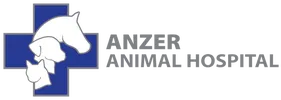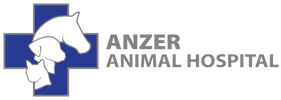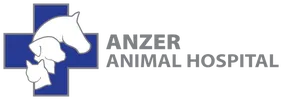Thrush is a bacterial infection, and one of the most common diseases, affecting horses’ hooves. You will likely know it when you see — and smell — it. The pungent, tar-like black discharge collects in the sulci, or grooves, along the sides of the frog, the triangular structure that covers about
Read moreCall Us Today!
Call Us Today!
-
Preventing Thrush in Horses
Category: Newsletter Library, Equine
-
Select the Right Saddle
Category: Newsletter Library, Equine
The right saddle will make a significant difference for both you and your horse and ensure a safe, balanced and relaxing ride. Comfort is key; if the rear of the saddle is up after you cinch the saddle on your horse, or if the saddle wants to roll after you place it on, the saddle is not the correct
Read more -
Strategic Deworming for Equines
Category: Newsletter Library, Equine
If you are a long time horse owner, you may be familiar with traditional parasite control strategies. Traditionally, the most common parasite control approach called for horse owners to deworm their horse year round every six to eight weeks, rotating products. Alternatively, horse owners also could opt
Read more -
Why You Need to Keep Stalls Clean
Category: Newsletter Library, Equine
How often do you clean your horses’ stalls? Ideally, horse stalls should be cleaned every day and kept as clean as possible. Since horses often lie down in their stalls at night, this behavior means that if you are not keeping the stalls clean, horses could be lying in their own urine or manure –
Read more -
Prevent Incurable Horse Virus
Category: Newsletter Library, Equine
Eastern equine encephalitis virus (EEEV) is transmitted by the bite of an infected mosquito, advises the Centers for Disease Control (CDC). The virus is rare and causes inflammation of the brain called encephalitis. Animals, especially horses, are vulnerable to this infection. "All equine cases are
Read more -
Nutrition Affects a Horse's Behavior
Category: Newsletter Library, Equine
Has your horse not quite been themselves lately? Have you noticed unusual fatigue or conversely, excitability? You may be surprised to learn that nutrition and dietary choices play a significant role in determining equine behavior. And, it is not simply what they eat, but how. Horse owners often report
Read more -
Horse Talk: Oral Exams Matter at Every Age
Category: Newsletter Library, Equine
Regular dental care is an important part of equine wellness care. Horses have a hypsodont tooth and an anisognathic jaw conformation. This means that the upper jaw is wider than the lower jaw, an arrangement that maximizes a horse’s chewing efficiency. A horse’s teeth and bite are important for more
Read more -
Lameness in Horses
Category: Newsletter Library, Equine
Horse lameness is a condition that occurs when a horse is unable to move normally. While the majority of horse lameness is related to the foot, this condition may be caused by problems in a horse’s bones, muscles, nerves, tendons or ligaments. Repetitive injuries, infection, poor nutrition, tooth problems,
Read more
Testimonials
Newsletter Signup
Sign up for more articles
Contact Us
We look forward to hearing from you
Office Hours
9:00 AM - 6:00 pm
9:00 AM - 6:00 PM
9:00 AM - 6:00 PM
9:00 AM - 6:00 PM
9:00 AM - 6:00 PM
9:00 AM - 2:00 PM
Closed
Location
Anzer Animal Hospital
14471 Southern Blvd
Loxahatchee Groves, FL 33470, US


